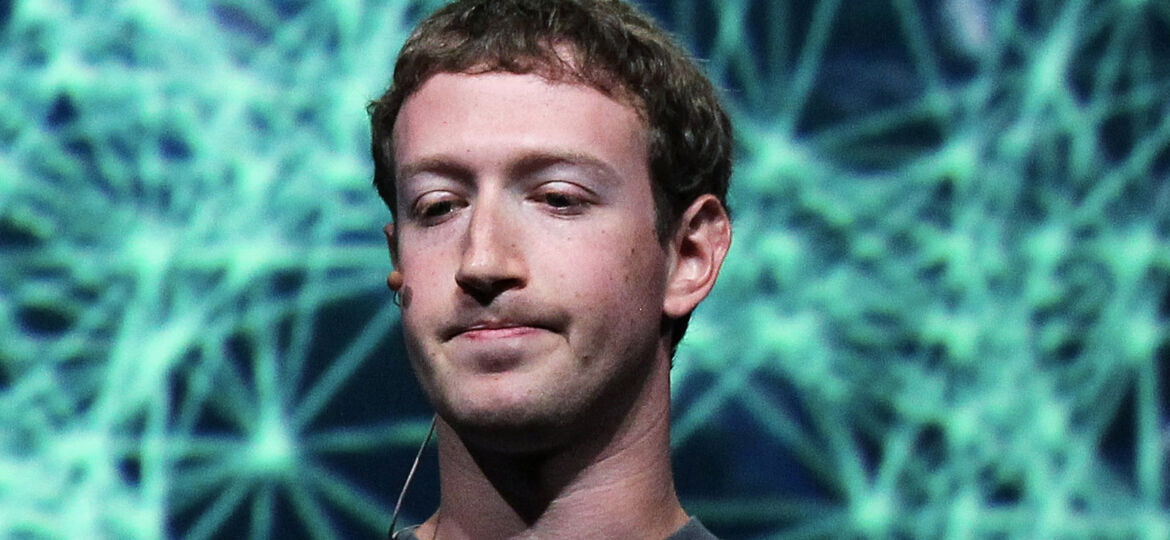
WHY THIS MATTERS IN BRIEF
- Algorithmic traders use automation to their advantage to try to beat the market, but when data goes bad the shockwaves can reverberate across Wall Street and the global markets
Facebook’s stock suffered a dramatic flash crash yesterday seconds after it released its second quarter earnings, and shares plunged 4.6%, wiping out over $22 Billion of value, before eventually recovering just ten minutes later, and while no one is certain why the stock crashed and rebounded so quickly, or dramatically, they believe that automation and algorithmic trading might be to blame.
The crash came immediately after Bloomberg reported the earnings data incorrectly, and once the mistake was cleared up the stock surged – and there’s the smoking gun.
Publicly traded companies are required to release earnings data each quarter by the SEC, and some firms, like Facebook, summarise it on a wire service almost instantly, but over the past decade investors, increasingly known as Quantitative traders, or Quants, have been increasingly writing algorithmic trading programs, and even creating companies, such as Aidyia, that are completely automated and run without anyone in control, that trade based on these summarised wire stories automatically, and that’s what many people believe happened here.
In this case after Facebook’s earnings data was released Bloomberg released a wire service summary of the earnings results and the data was immediately traded on, but the summary Bloomberg initially released said Facebook missed its earnings expectations, and at 4.06pm a series of trades, priced at $158, were executed automatically. Bloomberg then issued a correction ten minutes later with the right data and the stock bounced back.
Coincidence? Probably not.
The headline “CORRECT: Facebook 2Q Revenue Beats Estimates” ran at 4:14 pm on Bloomberg’s wires and had the note “This story was produced with the assistance of Bloomberg Automation.”
The stock was up around 3% this afternoon.
A large drop in stock price isn’t abnormal during earnings season, and a big miss on earnings can send a stock plummeting. In addition, Facebook is a heavily traded stock with a certain amount of volatility, but Facebook recorded a beat across the board in earnings per share, revenue, and user growth, so its initial drop was in no way as the result of a simple earnings miss.
The rapid stock move though highlights the benefits, but also the dangers that automated trading can have on a stock, and it raises wider questions – if one bad story can wipe out $22 Billion what could two bad stories do? Or three? Then, going one step further what if one or more of the wires gets hacked – the impact could be severe, and the returns, for criminals at least could make this one “correction” look like chump change.

















[…] Automated trading algorithms accidentally wiped $22Bn off Facebooks share price https://www.fanaticalfuturist.com/2017/07/automated-trading-algorithms-accidentally-wiped-22bn-off-faceb… […]
[…] Automated trading algorithms accidentally wiped $22Bn off Facebooks share price […]